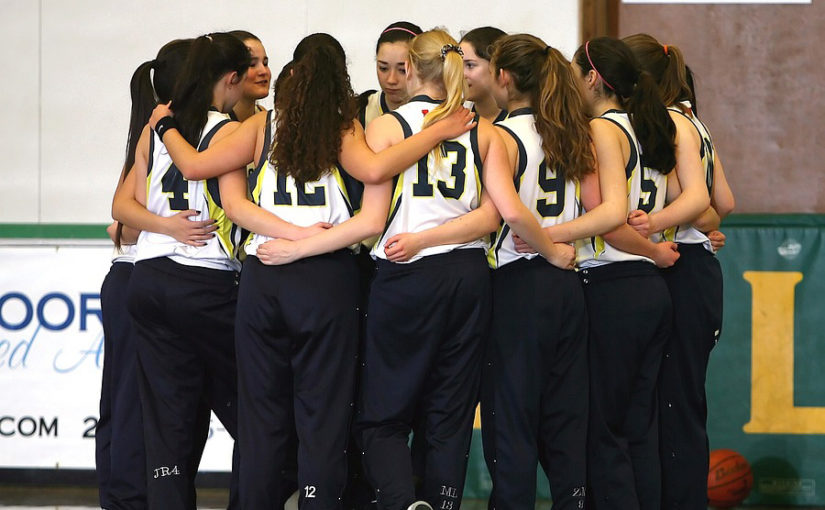Seven steps to create real consequences in practice
All of us, if we’ve coached long enough, have seen players who practice well and play badly. It might have been a pitcher with pinpoint control and overwhelming speed, who suddenly can’t hit the backstop and has lost speed in a championship game. Or perhaps it’s a batter who looks great in the cage, but is swatting at flies in the game. While all of us recognize the problem is mental, very few understand why it happens or how to correct it.
 Coaching is teaching. Moreover coaching is attempting to make whatever we are teaching automatic. That is the purpose of all practice, to develop muscle memory or to play without thinking.
Coaching is teaching. Moreover coaching is attempting to make whatever we are teaching automatic. That is the purpose of all practice, to develop muscle memory or to play without thinking.
Because it is so difficult to make practice game like; we settle for scrimmages and a little live pitching (some of us don’t even do that) and hope for the best.
And so the players who are tough by nature, succeed when there is pressure and those that are not, fail with the well-intentioned but ineffective advice to toughen up.
The difference between games and practice is consequence. Miss three ground balls in practice and the result is a coachs correction and a few more reps. Miss three ground balls in a game and you may be staring down a loss with your error-prone player sitting on the bench next to you. The players errors are listed in the paper and witnessed by fans in the bleachers. In both cases there is a consequence but the consequence in the latter is much more severe.
Regardless of how well you plan practice, how intense the drills and how great a coach you are; the most difficult thing to practice is consequence. Pressure in a game cannot be simulated, hence preseason in the major leagues. In the major leagues, spring training offers coaches and players the opportunity to practice consequence. Because no matter how good your teammates are, they are still your teammates and scrimmaging against them is not the same as playing another team.
Unfortunately, not all of us have the means or time to have a preseason. And so we have to find a way to practice game-like conditions. We have to find a way to practice consequence.
How can you practice consequence?
• Explain it. There are two parts to the brain, the one that does things consciously (you have to think about it) and the one that does things unconsciously (you do it without thinking). Your brain tells you to breath for instance, but you don’t have to think about it. Explain it to your players, tell them there is a reason for practice, which is why you have to hustle and run out every hit.
• Discuss it. The game never changes. The field dimensions are always the same. The ball is always round. And so pressure is internal — it is created by us. If we can create it, we can take it away.
• Coach it. Practice is the place for coaching. Games are where players play. Too much coaching and too many instructions during the game only creates more thinking, which creates more stress. Coaches shouldn’t be a source of stress. Coaches should alleviate it.
• Practice it. The first game should not be the first time hitters and pitchers see game-like situations. During batting practice, give signs and call pitches. Hire an umpire. Give them only three strikes. Hitting 10 pitches off a pitching machine is great but that’s not how we play. Ending on a good one is good for the ego, but we don’t get do-overs in a game.
• Compete. Divide the team into hitting teams and keep a scoreboard. Make it more game-like by creating game situations, different counts and use sacrifice bunts.Set up games for your pitchers as well. Have pitchers pair up. The first pitcher hits a spot and the second has to hit the same spot. Just like a game of horse in basketball.
• Create consequence. Pitchers compete to see who can hit their spots with all their pitches, the loser cleans or does another chore. Make it clear this is not a punishment but rather a consequence in an effort to prepare for the game.
• Create pressure. Invite parents, faculty, friends and fans to a scrimmage. Hire umpires, dress in uniforms and go through a game warm-up.
Give it some thought and youll come up with your own ideas. But remember, the key is to explain it to your team. They are the ones that take the field and have to deal with pressure. Prepare them.





